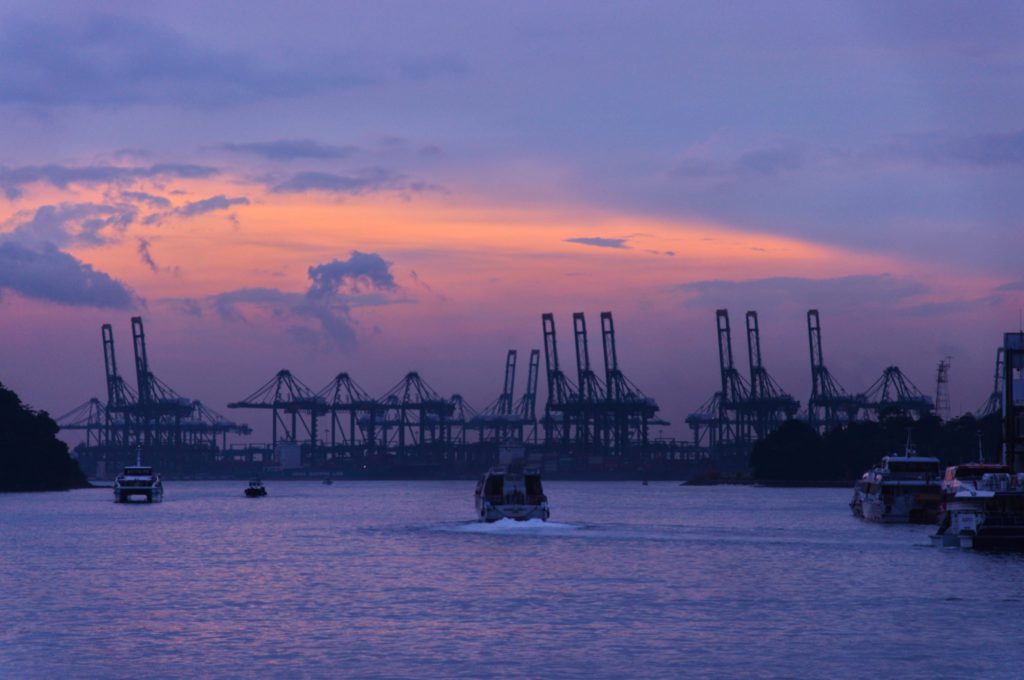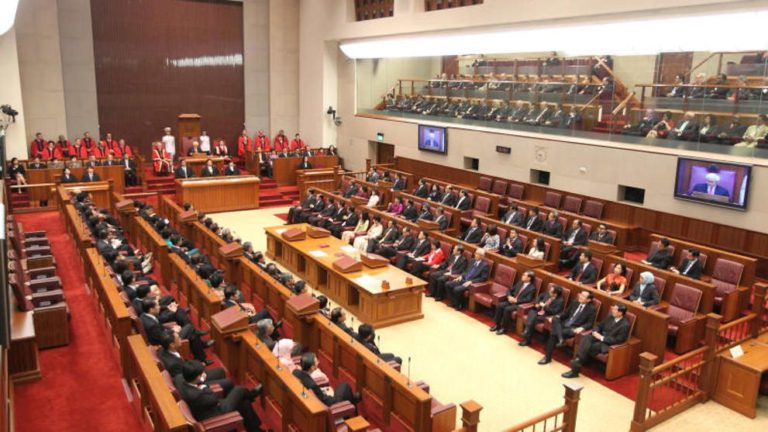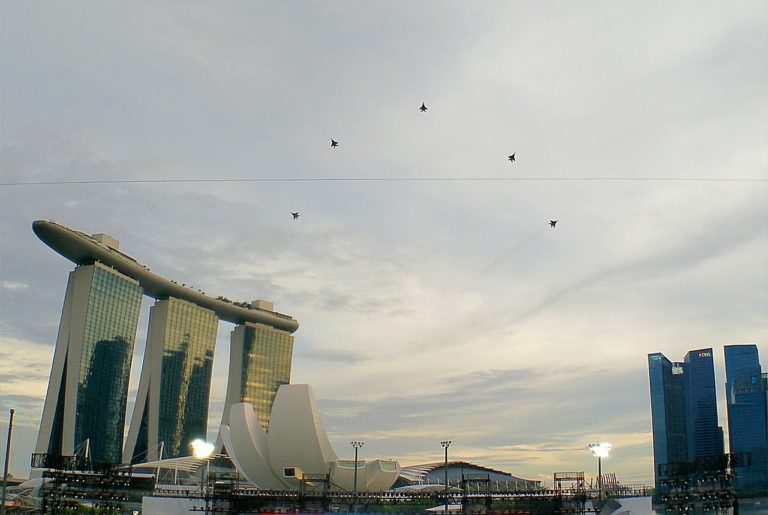The French Directorate of Maritime Affairs (DMA) and the Maritime and Port Authority of Singapore (MPA) signed a Memorandum of Understanding (MOU) to strengthen the two countries’ maritime relations in the last week.
Future of SG’s Maritime Industry & Impact on Immigration
What Makes the MOU Significant?
The MOU between the 2 countries is targeted towards development in the maritime industry. Specifically, the development of:
- Digital Innovation;
- Digitalisation;
- Sustainability through the fostering of industrial and institutional partnerships;
- Collaboration in training and skills; and,
- Academic and research cooperation in the maritime industry.
The President of the French Maritime Cluster (FMC), Mr Frederic Moncany de Saint-Aignan commented on the MOU stating that the organisation is committed to promoting and developing synergies and concrete projects with Singapore.
Singapore’s Initiatives To Turn the Maritime Industry Green
Singapore has taken significant initiatives in the green movement within the maritime industry, recognizing the importance of sustainability and environmental responsibility in the maritime sector. As a global hub for maritime trade and logistics, Singapore has been proactive in implementing measures to reduce the industry’s environmental impact. Some of the key initiatives include:
1. Maritime Singapore Green Initiative (MSGI)
Launched by the Maritime and Port Authority of Singapore (MPA), MSGI encourages shipping companies operating in Singapore to adopt environmentally friendly practices. The initiative provides incentives to vessels that exceed international environmental standards, such as those related to emissions and energy efficiency.
2. Green Ship Program (GSP)
The Green Ship Program, also administered by MPA and is part of the MSGI, encourages the adoption of eco-friendly technologies and practices by shipowners. It provides funding support to incentivize the retrofitting of vessels with energy-efficient technologies and cleaner propulsion systems.
3. LNG Bunkering in Singapore
Singapore has become a pioneer in liquefied natural gas (LNG) bunkering, offering cleaner fuel options for ships. The use of LNG significantly reduces emissions of sulfur oxides (SOx), nitrogen oxides (NOx), and particulate matter.
These initiatives collectively demonstrate Singapore’s commitment to fostering a sustainable and environmentally responsible maritime industry. By adopting green practices, embracing innovation, and collaborating with stakeholders, Singapore aims to set an example for the global maritime community and contribute to a greener and more sustainable future.
French Maritime Cluster (FMC) and Singapore’s Green Movement
Singapore has reiterated its goals to move into green technology and sustainability over the next decade. With regards to the maritime industry, the FMC is acting at the forefront with digital tools and Artificial Intelligence technology to develop this industry strategically. It is also acting to unify initiatives like the “Eco-Energy Transition Coalition” established in 2019. The FMC is reaffirmed in its efforts to transform the maritime industry into one that meets the global climate standards.
What Does This Mean for Immigration Into Singapore?
With the maritime industry being one of the latest in a slew of industries that are undergoing transformation and development into utilising future technologies, and green technologies, this reaffirms 2 major things:
- The number of work passes available in this industry for skilled personnel will be on the increase. Skilled personnel would include professionals that are especially well-versed in future and green technology, as well as processes, especially when applied into the maritime sector.
- Existing professionals living and working in Singapore who are heavily involved in this move forward by the government in the maritime industry will be greatly favoured when it comes to their Permanent Resident or Citizenship applications.
Relevant Professionals Should Not Be Deterred from Proceeding with their
Singapore Permanent Residency or Citizenship Applications
With this shift of Singapore’s perspectives, professionals should not be deterred from applying for their Permanent Residency or Citizenship statuses in Singapore. Whilst it is common knowledge that approval outcomes consist of a number of moving parts, it is important for applicants to capitalise on the policy and economic direction of the Singapore government when applying. Singapore has time and again reaffirmed its commitment towards future technologies, green technologies, and the future industry across key sectors. For applicants that are currently greatly involved in this evolution and future-focus of Singapore, it would be a good time to apply for their Permanent Residency or Citizenship.







